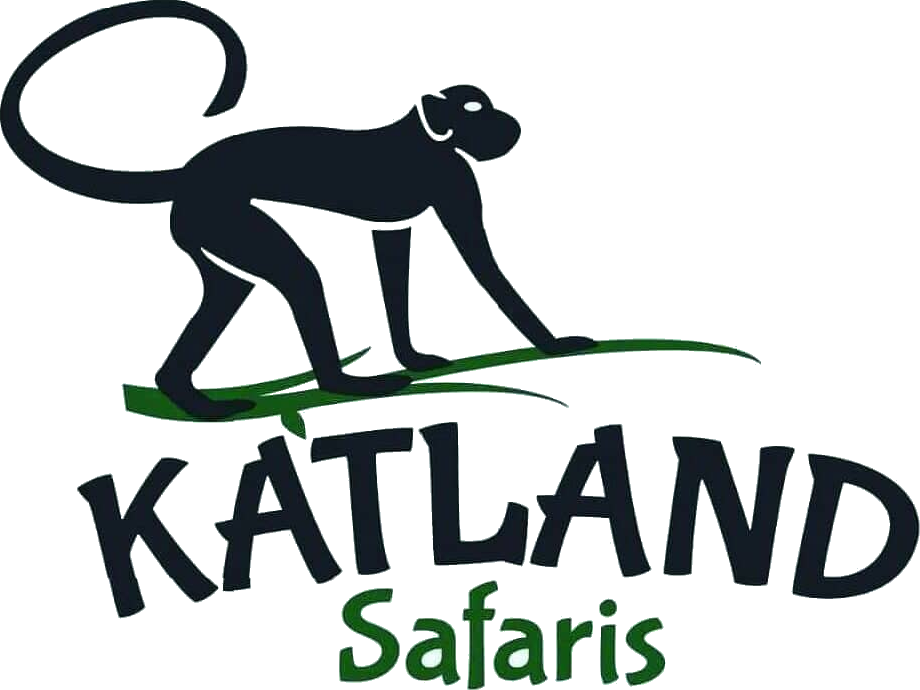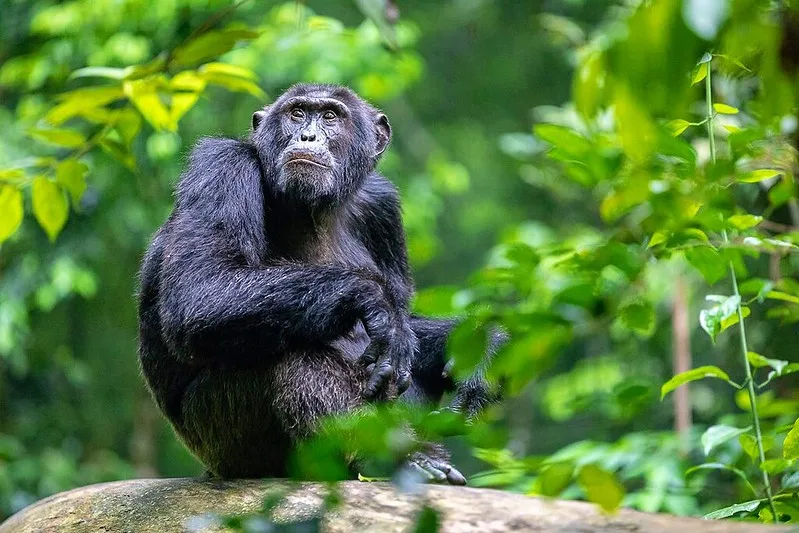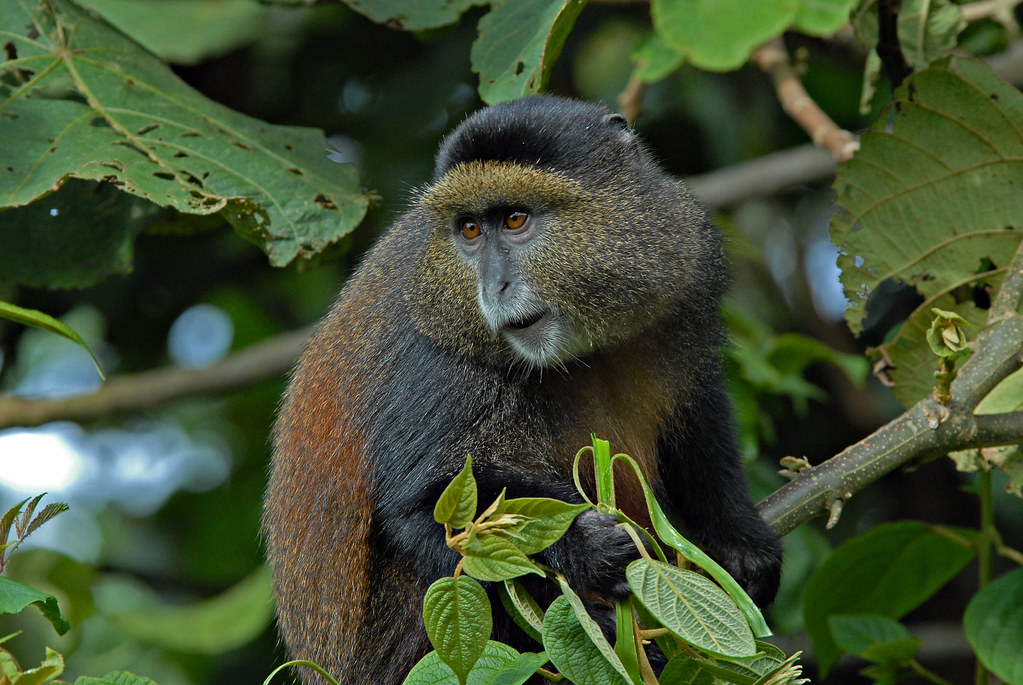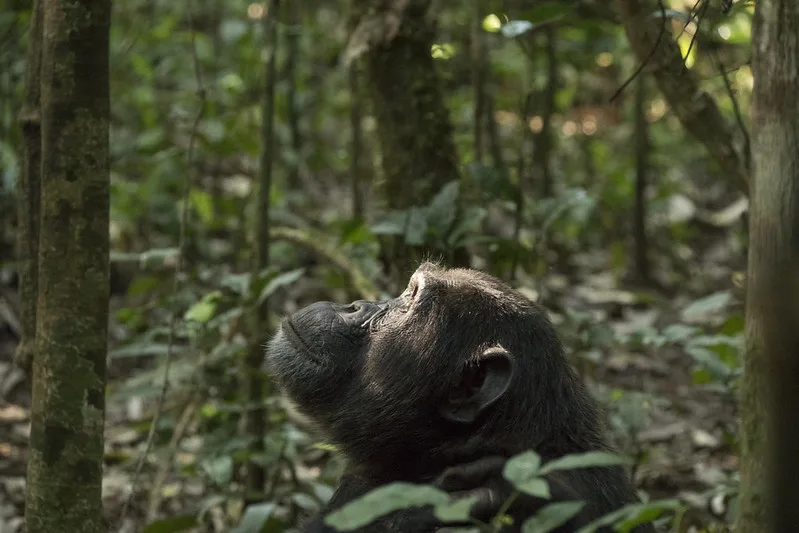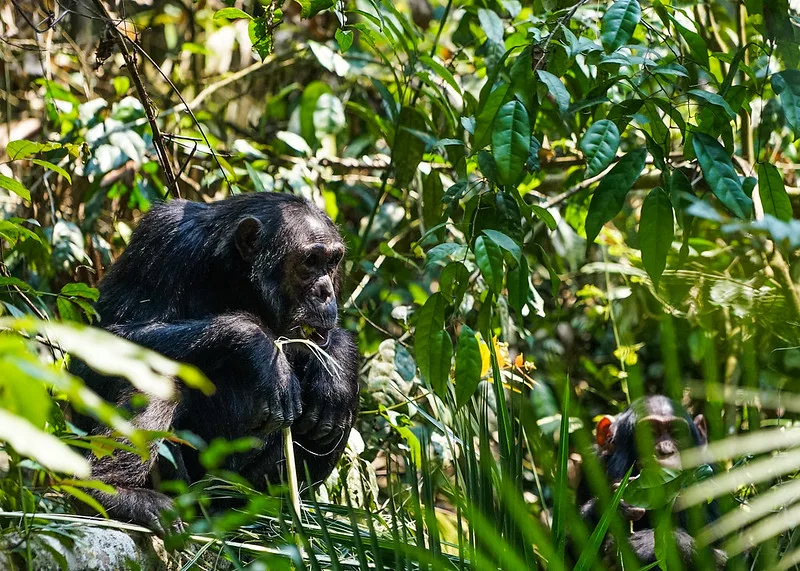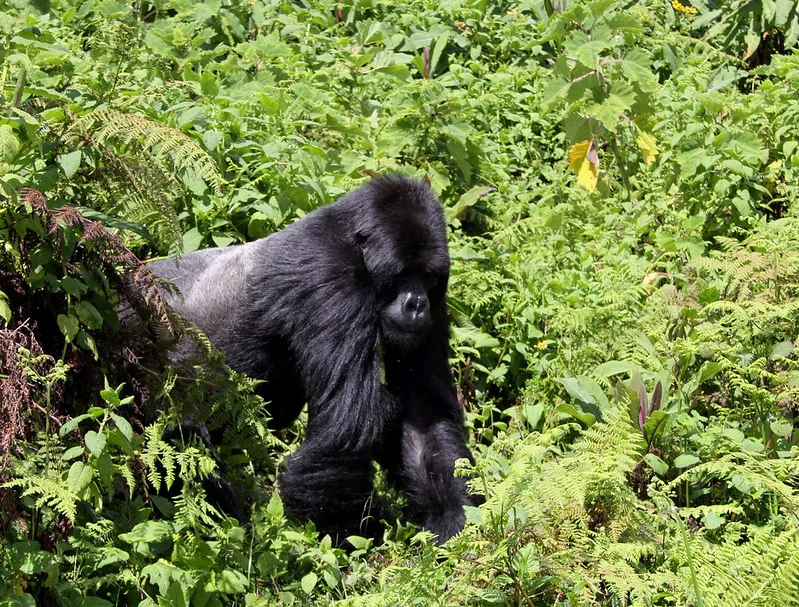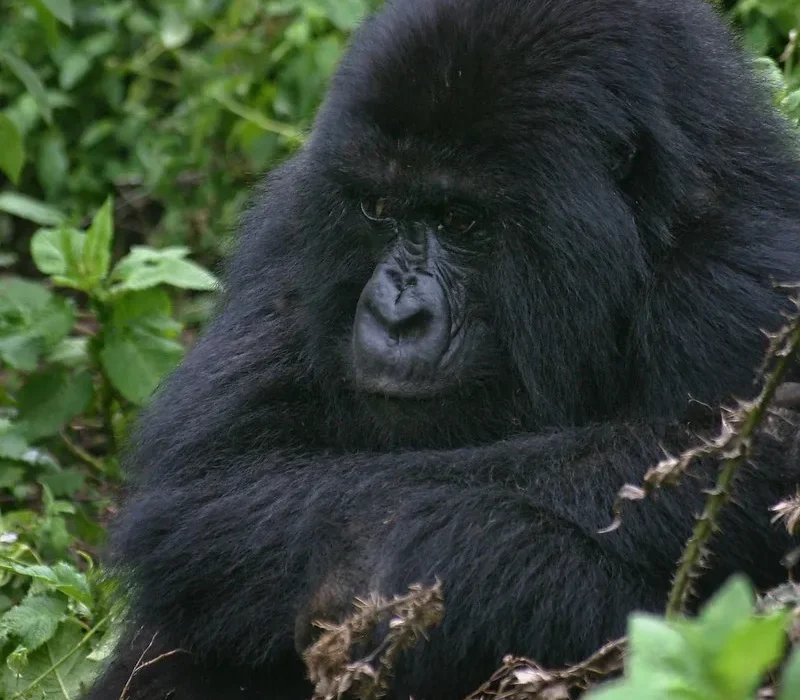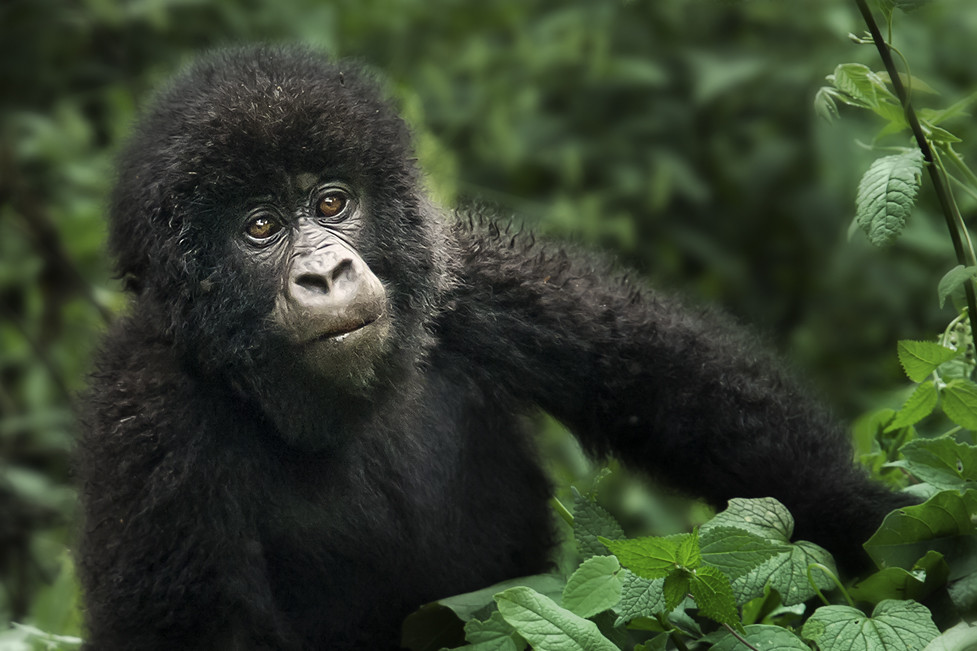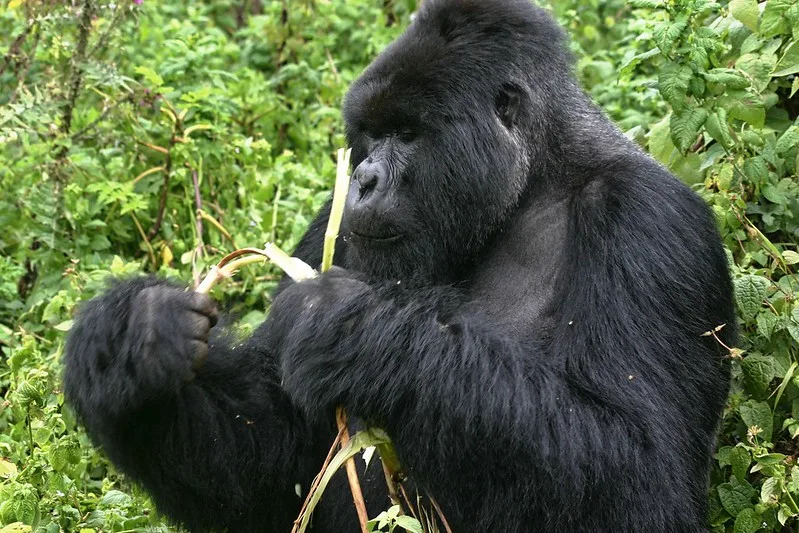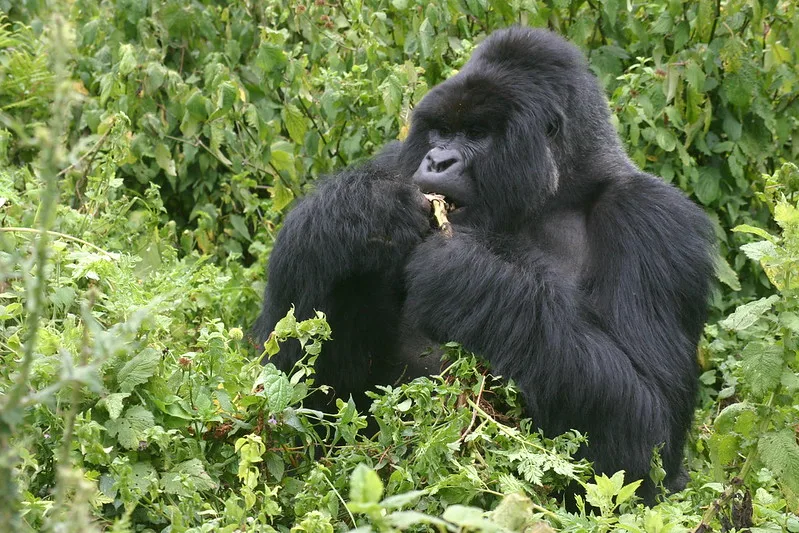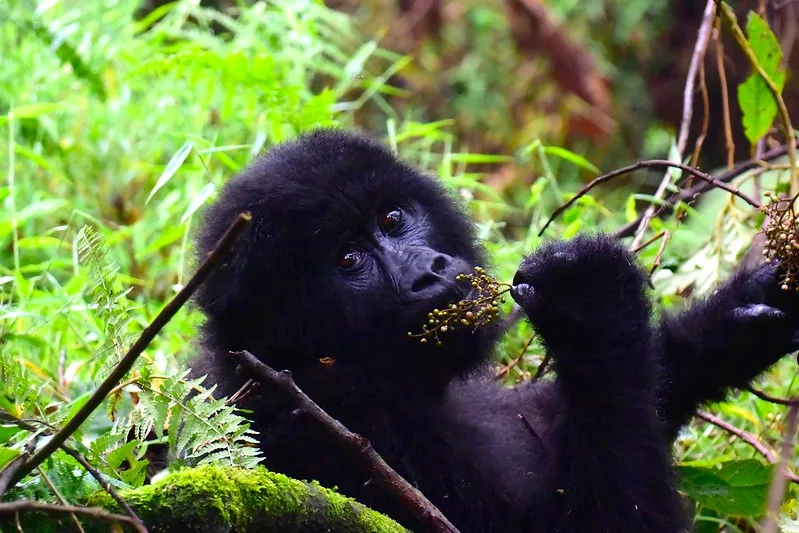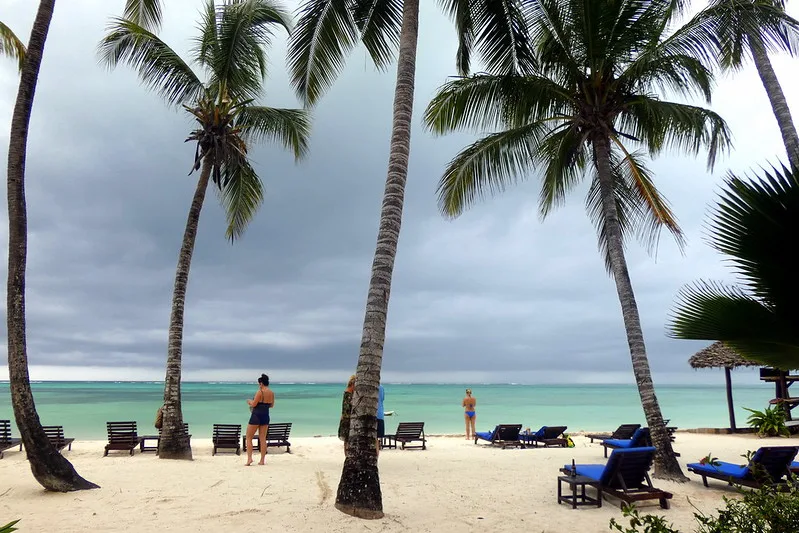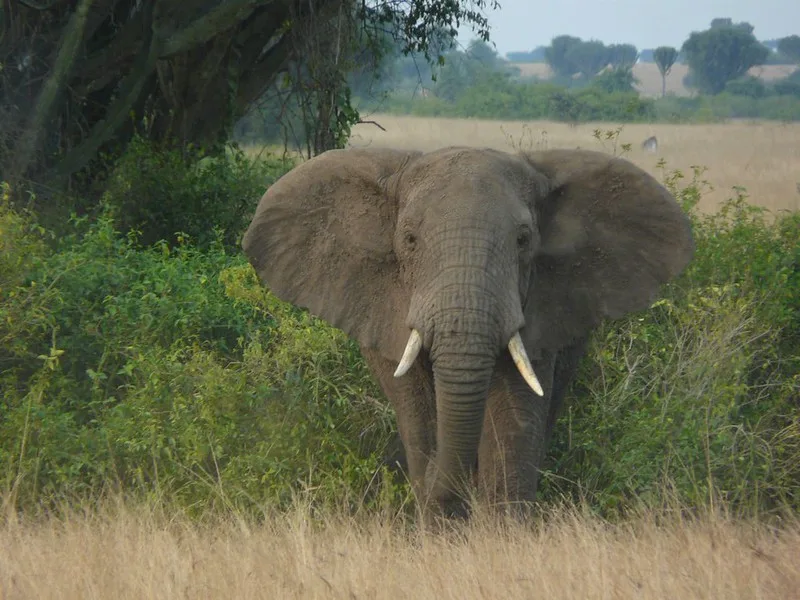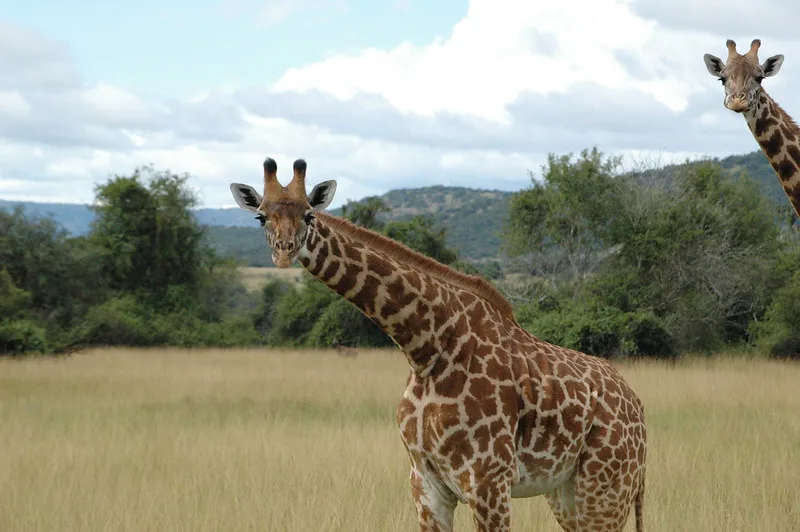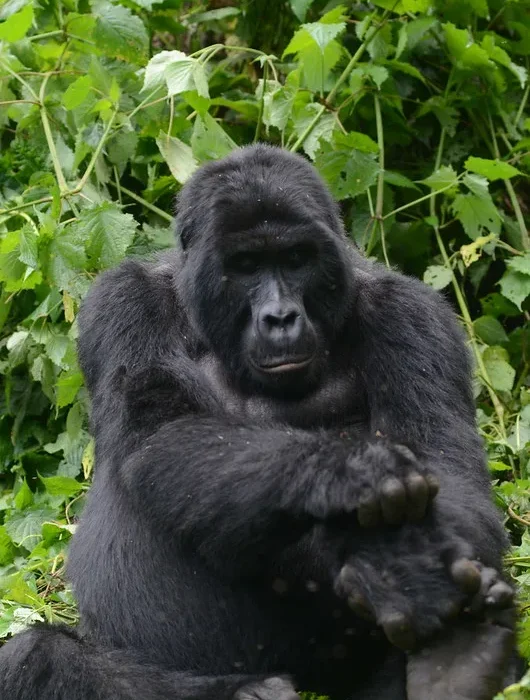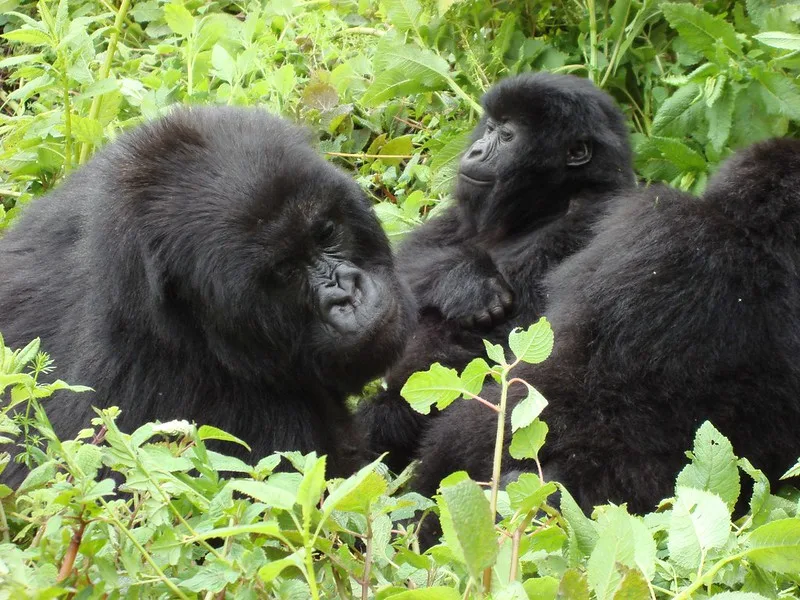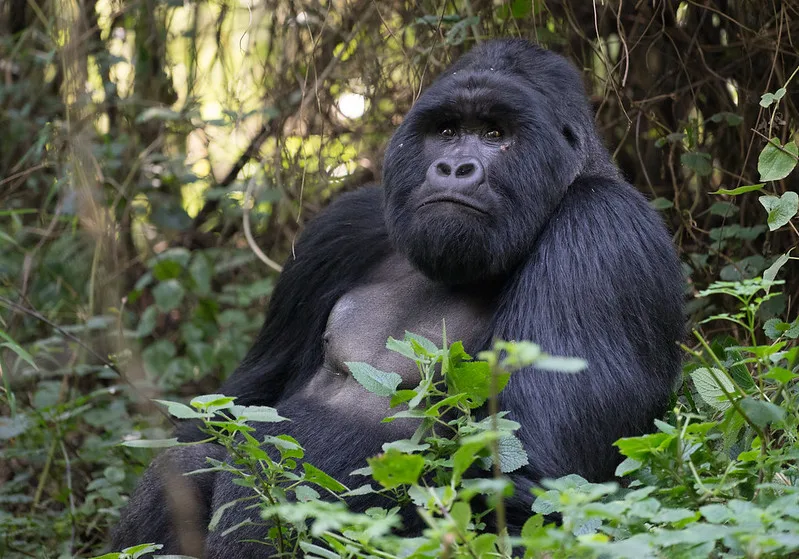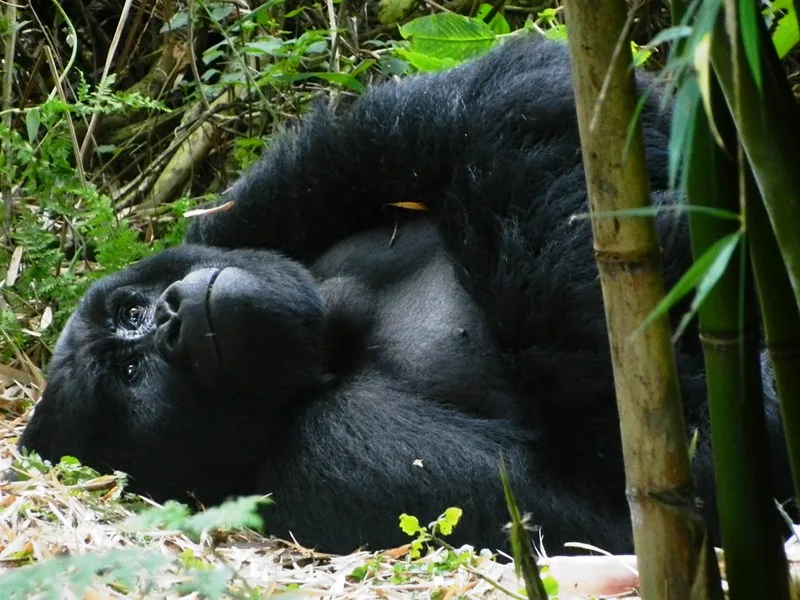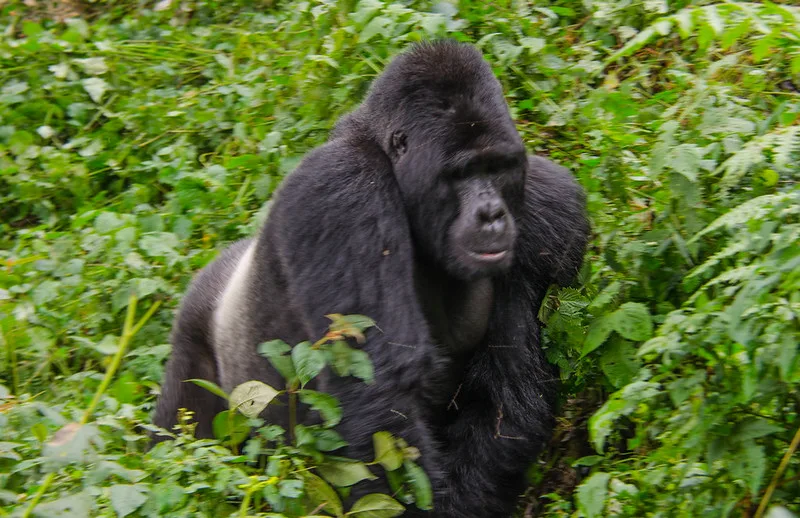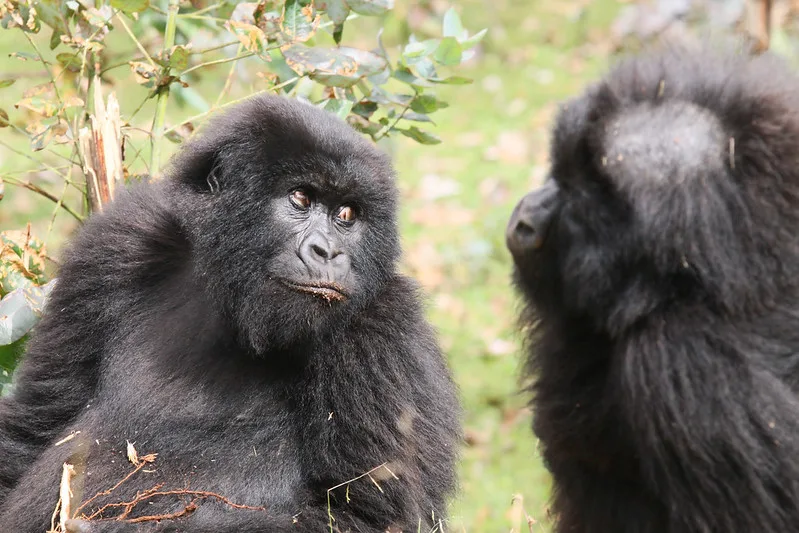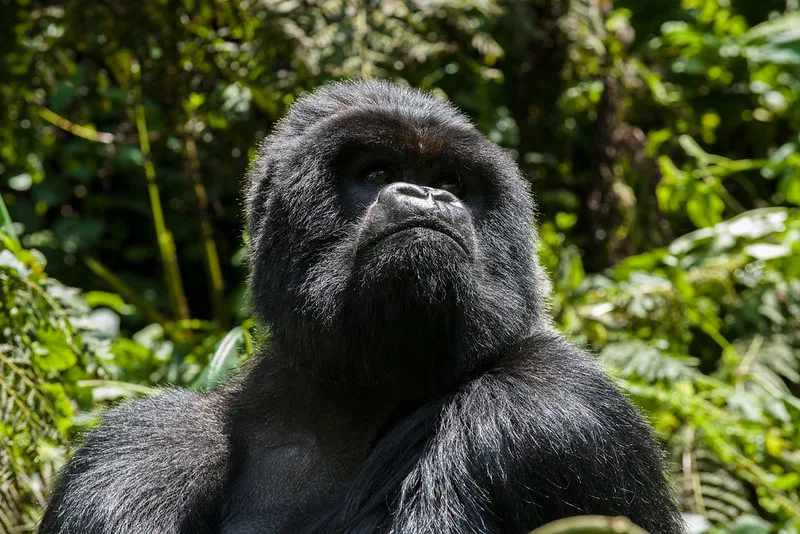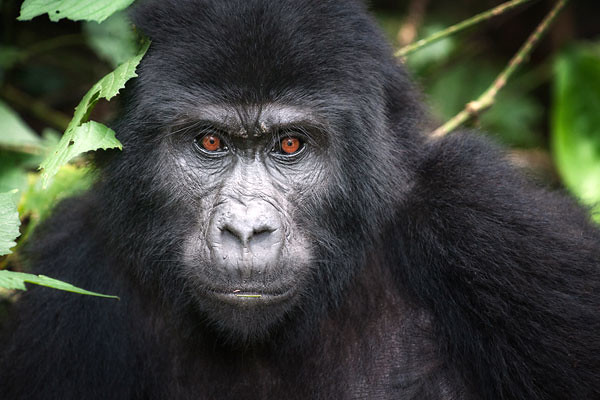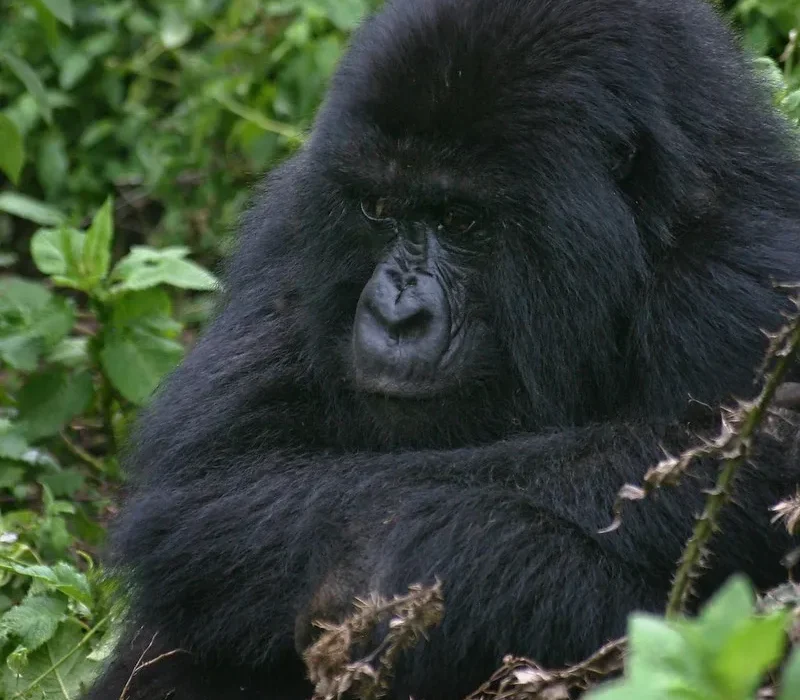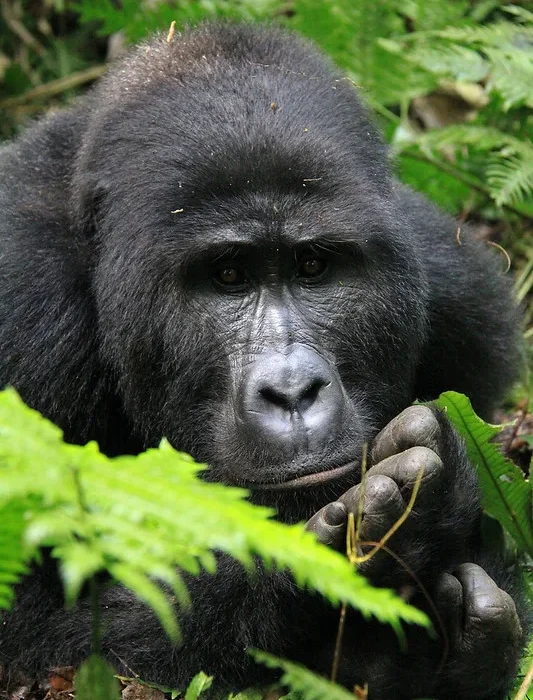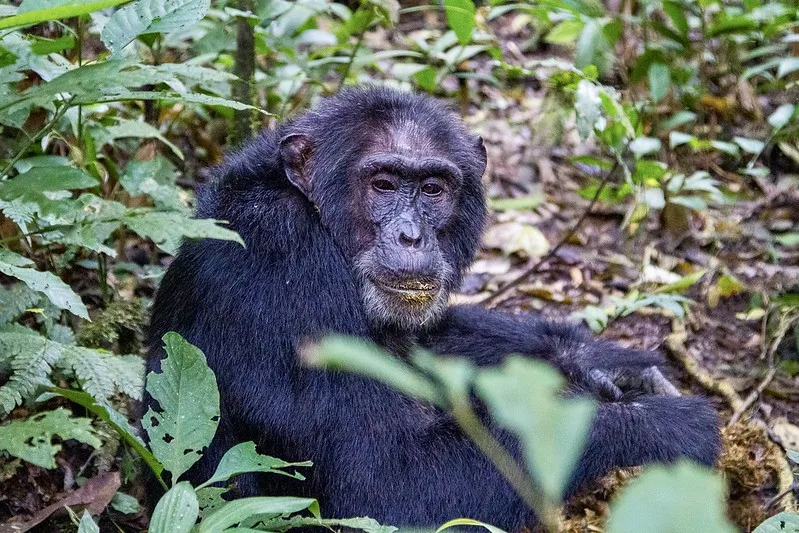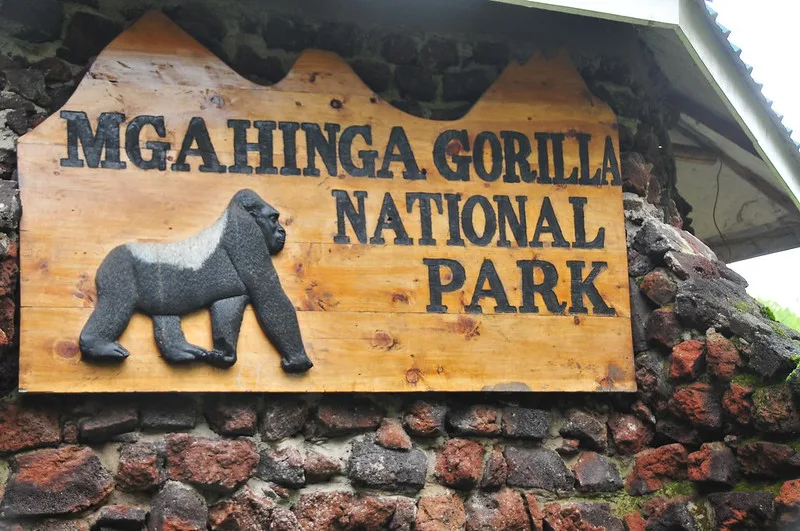Phone: +256 705 778 866
Phone: +256 789 637 198
Mail: info@katlandafricagorillasafaris.com
- Home
- Gorilla Tours
- Gorilla Trekking Information
- Gorilla Permits and Costs
- Gorilla Trek From Kigali
- Gorilla Habituation Experience in Bwindi
- Best Time to Go Gorilla Trekking
- FAQs About Gorilla Trekking
- Safety Guidelines and Rules On Gorilla Safari
- What to Expect on a Gorilla Trek
- What to Pack For Gorilla Safari
- Conservation Impact of Gorilla Trekking
- Best Destinations for Gorilla Trekking
- Accommodation Options Near Trekking Sites
- Holiday Types
- About Us
- Travel Blog
- Home
- Gorilla Tours
- Gorilla Trekking Information
- Gorilla Permits and Costs
- Gorilla Trek From Kigali
- Gorilla Habituation Experience in Bwindi
- Best Time to Go Gorilla Trekking
- FAQs About Gorilla Trekking
- Safety Guidelines and Rules On Gorilla Safari
- What to Expect on a Gorilla Trek
- What to Pack For Gorilla Safari
- Conservation Impact of Gorilla Trekking
- Best Destinations for Gorilla Trekking
- Accommodation Options Near Trekking Sites
- Holiday Types
- About Us
- Travel Blog
